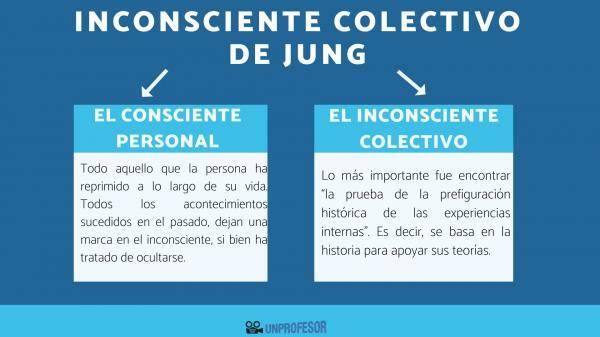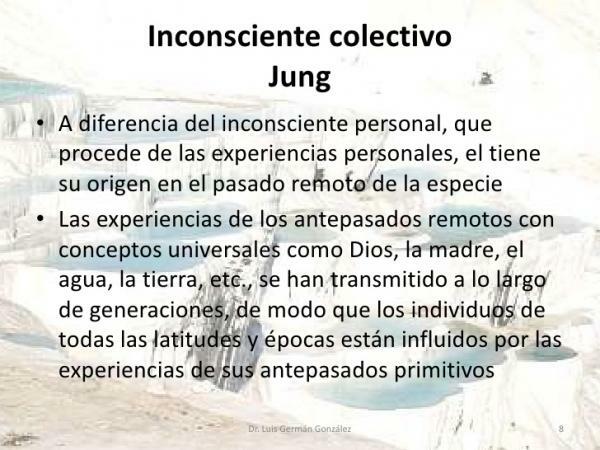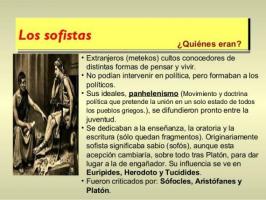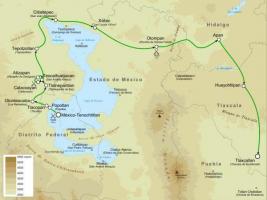Jung and the collective UNCONSCIOUS

In this lesson from a TEACHER we explain the theory of collective unconscious Carl Gustav Jung (1875-1961), psychiatrist and psychologist who played a fundamental role in the first moments of psychoanalysis. He collaborated with Sigmund Freud and founded the school of analytical psychology or deep psychology. In his analysis, he highlights the connection between mental structures and their cultural manifestations, as products of the mind.
In this way, his method includes elements of philosophy, anthropology, religion, art, dream interpretation, etc. Although he was not a pioneer in analyzing dreams, the truth is that his research in this field exerted an enormous influence on later studies.
If you want to know more about Jung and the collective unconscious, keep reading!
Index
- What is the collective unconscious? Reinterpretation of the myth
- What is the personal and collective unconscious?
- Conscious abandonment to the impulse of the unconscious
What is the collective unconscious? Reinterpretation of the myth.
The myth is timeless and therefore open to interpretation. The human being, in his eagerness to answer his questions, to find the meaning, the meaning of life, can find a explanation in myth.
The myths they have been reinterpreted by Greek and Latin poets, starting from oral tradition. But in other cultures, this was not possible, since they were considered sacred and untouchable texts. In the XIX century Sigmund Freud and Carl Jung, they used the classic myths to expose their thesis. Freud defines the unconscious, Jung, the archetypes.
In his famous work, The interpretation of dreams, Freud he defines the Oedipus complex, alluding that the myth lives in the individual subconscious. For its part, Jung will deal with the relationship between myths and the collective unconscious. The archetypes, he assures, live in the unconscious of the current human being, in the same way as in the past.
Through myths you can observe trends of the personality, usually contrary to morals or norms, so the conscience tries to repress them. Jung tries to explain the psychological meaning that myths have both for an individual and for the group, when it comes to affirming his personality.

What is the personal and collective unconscious?
For Jung there are two types of unconscious: the personal unconscious and the collective unconscious. We describe them below:
The personal conscious
It is related to everything that the person has repressed throughout his life. All the events that happened in the past leave a mark on the unconscious, although it has tried to hide itself.
The collective unconscious
This will be the type of unconscious to which Jung pays the most attention, since its historical components determine the way of thinking of human beings. The most important thing was to find “lproof of the historical prefiguration of inner experiences”. That is, it is based on history to support his theories.
An individual's mind not only depends on personal experience, it transcends it. The collective, the others, also influence individual behavior. History leaves its mark on people, even before they were born. And that is why, for Jung, myths offer a very useful explanation for understanding individual consciousness.

The conscious abandonment to the impulse of the unconscious.
Jung, after breaking his relationship with Freud, he founded, together with Alphonse Maeder the Zurich School. The separation from his former collaborator, coupled with the declaration of the First World War, made a dent in the already tormented mind of the Swiss doctor. During this stage, the hallucinations were constant and the mental health of the thinker was beginning to break down. Henri Ellenberger defined these episodes of insanity as a 'creative disease», Qualifying them, in Freudian terms, as neurasthenia and hysteria.
In Memories, dreams, thoughts he writes:
Then I had a moment of extraordinary lucidity, in which I took in the path I had followed with my eyes. I thought: now you have the key to mythology and then you have the possibility of opening all the doors that lead to the unconscious human psyche. But then someone whispered to me, "Why open all the doors?" The question then arose as to what it was that I had achieved until then.
He had explained the myths of primitive peoples, he had written a book about heroes, about the myth in which man has always lived. "But in what myth does the man of today live?" "In the Christian myth, it could be said." "Do you live in it?" I wondered. If I must be honest, no. It is not the myth that I live in. "So we no longer have a myth?" "No, apparently we no longer have a myth." "But what, then, is your myth, the myth in which you live?" Then I felt disgusted and stopped thinking. He had reached the limit.
Analyzing your dreams and hallucinations he becomes aware that he does not know what is wrong, and that is when he begins to let himself be carried away by the unconscious.
Man rarely understands only with his head, especially primitive man. The myth, by virtue of its numinosity, has a direct effect on the unconscious, whether it has been consciously understood or not.
If you want to read more articles similar to Jung and the collective unconscious, we recommend that you enter our category of Philosophy.
Bibliography
Jung, C.G. Memories, dreams, thoughts. Ed. Seix Barral. 2021



